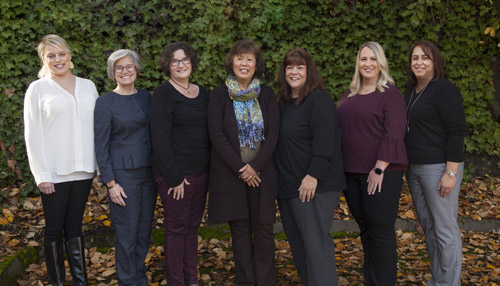By: Kathy Kappler
Choosing the right care for your aging loved one is one of the most important decisions you’ll make as a family. The process can feel overwhelming, especially if discussions about preferences or future plans didn’t happen beforehand. Whether you’re working with a senior who can still express their wishes or navigating decisions for someone with declining health, planning for senior care can be manageable—and even empowering—with the right approach.
Start with the Basics: Identify Care Needs
The first step in planning for senior care is understanding what type of support your loved one needs. This will depend on factors like their health, mobility, cognitive abilities, and daily living requirements. Ideally, this conversation happens early, when your senior can share their preferences.
If circumstances prevent early planning, focus on observing their current condition. Have they had recent falls? Are they struggling with home maintenance or daily tasks? These signs can indicate it’s time to transition to more supportive living arrangements.
Key Considerations When Making Senior Care Decisions
1. Prioritize Safety
Safety is the cornerstone of all senior care decisions. Whether exploring independent living, assisted living, memory care, or nursing homes, ensure the environment is equipped to meet your loved one’s physical and cognitive needs. Features like grab bars, secure entrances, and trained staff are crucial for ensuring peace of mind.
2. Balance Independence and Support
It’s natural to worry about limiting your loved one’s independence, but in many cases, providing a structured, supportive environment is the safest and most compassionate choice. For seniors with declining cognitive function or physical health, 24-hour care in a secure facility can prevent accidents and promote overall well-being.
3. Include Your Senior in the Decision-Making Process
Whenever possible, involve your loved one in the planning process. Even if they can’t articulate all their preferences, respecting their input fosters self-esteem and ensures they feel valued. Visit potential residences together, and encourage them to share their impressions.
4. Seek Professional Guidance
Navigating senior care options can feel overwhelming, but you don’t have to do it alone. Consulting with Senior Care Advisors in Seattle can provide invaluable insights tailored to your family’s unique needs. These professionals assess your senior’s health, financial situation, and lifestyle preferences to recommend the best options.
Planning for Senior Care Costs
One major consideration when transitioning to senior care is budgeting for the associated costs. Whether your family is considering assisted living, in-home care, or memory care solutions, understanding financial requirements is critical. Senior Care Advisors can help outline potential expenses, explore available funding options, and guide you in applying for benefits like Medicaid or veterans’ assistance.
Why Work with Concierge Care Advisors?
At Concierge Care Advisors, we specialize in guiding families through the complexities of senior care planning. Our experienced Senior Care Advisors in Seattle and beyond provide personalized recommendations to ensure your loved one receives the care they deserve. From finding safe and supportive living arrangements to planning for senior care costs, we make the process manageable and stress-free.
Let us help you navigate these important decisions with confidence and compassion. Contact us today.

























